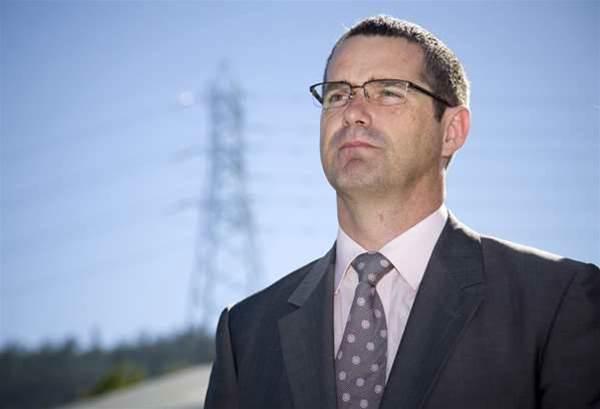Communications Minister Stephen Conroy has resigned from his position as a result of a Federal Government leadership spill.

He confirmed his resignation via Twitter at 10.17pm.
Earlier, the Labor Caucus voted to replace Prime Minister Julia Gillard with ex-PM Kevin Rudd. Conroy, a vocal supporter of Gillard, subsequently chose to step down from his position as Minister for Broadband, Communications and the Digital Economy.
Minister for Climate Change, Industry and Innovation Greg Combet also confirmed he had resigned his position.
Conroy has held his position since 2007, as well as Minister Assisting the Prime Minister for Digital Productivity since 2010.
He has long been involved in the communications portfolio, including being appointed Shadow Minister for Communications and Information Technology in October 2004, and consultant to the Ministers for Science and Technology in 1986 and 1987.
Conroy’s time as Communications Minister has been marked by his leadership of the Government’s $37 billion national broadband network infrastructure project and the structural separation of Telstra.
His departure means the Government will need to appoint a new shareholder minister, accompanying Penny Wong, for the NBN.
He has also been involved in projects including cybersecurity and internet censorship, digital economy, and the digital television switchover.
Conroy faced harsh criticism over his plan to block child pornography online via a policy which would force ISPs to block Refused Classification-rated material hosted on servers located overseas.
He also launched a red online help or ‘panic’ button, which provided parents and children with advice on how to act if confronted with online bullying.
Among Conroy’s most infamous public displays include comments involving his “unfettered power” to request Australia’s telcos to “wear red underpants on their head”.
The comments were made as Conroy argued against a proposal for telcos to be charged more for international submarine cable access, which would increase the price of broadband.
Conroy's office declined to comment when contacted by iTnews.



.png&h=140&w=231&c=1&s=0)





_(26).jpg&w=100&c=1&s=0)

 iTnews Executive Retreat - Security Leaders Edition
iTnews Executive Retreat - Security Leaders Edition












_(1).jpg&h=140&w=231&c=1&s=0)



